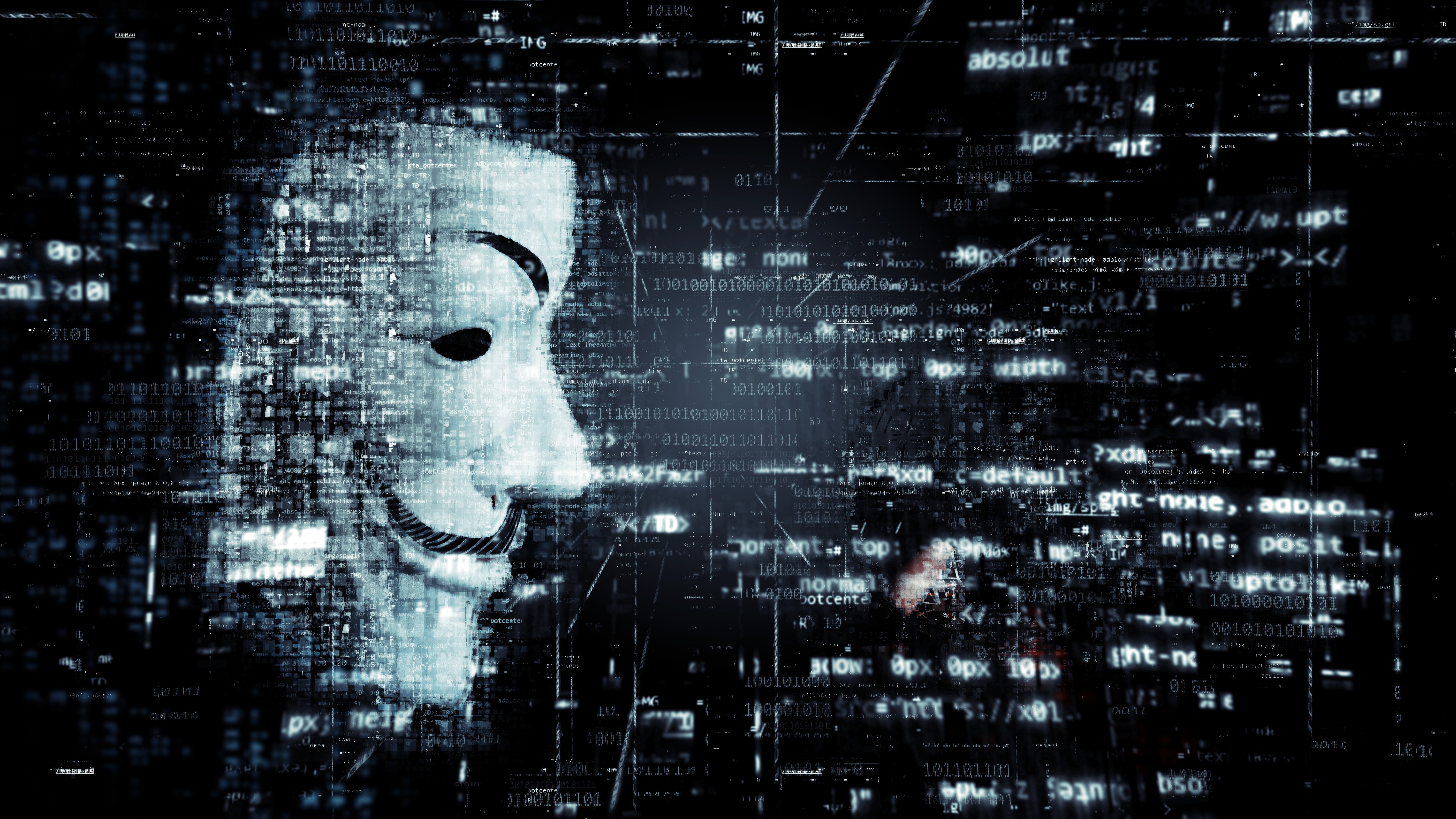DDoS cybercriminals who hit big tech and FBI charged by US
Two members of Anonymous Sudan are no longer anonymous

Two individuals accused of DDoSing big tech firms, as well as the FBI, have been officially charged by the US government.
The duo, according to the indictment, were part of Anonymous Sudan, which engaged in recent Distributed Denial of Service (DDoS) attacks against the University of Cambridge, multiple French government agencies, Microsoft, and ChatGPT, to name a few.
Now, in an unsealed indictment, the US Attorney’s Office claims Ahmed Salah Yousif Omer, and Alaa Salah Yusuuf Omer, are members of the hacking collective. They were "operating and controlling Anonymous Sudan”, the government agency says, “an online cyber criminal group responsible for tens of thousands of Distributed Denial of Service (DDoS) attacks against critical infrastructure, corporate networks, and government agencies in the United States and around the world."
CISA recommendations
The pair were charged with one count of conspiracy to damage protected computers, with Ahmed Salah also being charged with three counts of damaging protected computers.
The group first appeared in the media in early 2023. Around January that year, it was reported that Anonymous Sudan targeted Swedish organizations with DDoS attacks. The group claimed to be a Sudanese hacktivist collective motivated by political reasons, but subsequent investigations suggested that "Anonymous Sudan" was likely a Russian information operation designed to disrupt Sweden’s NATO application process.
Although initially portraying themselves as part of the broader "Anonymous" movement, cybersecurity analysts have largely dismissed these claims due to significant differences in their tactics and motivations.
Via The Register
Sign up to the TechRadar Pro newsletter to get all the top news, opinion, features and guidance your business needs to succeed!
More from TechRadar Pro
- Universities fighting prolific cyber threats with automation
- Here's a list of the best firewalls today
- These are the best endpoint protection tools right now
Sead is a seasoned freelance journalist based in Sarajevo, Bosnia and Herzegovina. He writes about IT (cloud, IoT, 5G, VPN) and cybersecurity (ransomware, data breaches, laws and regulations). In his career, spanning more than a decade, he’s written for numerous media outlets, including Al Jazeera Balkans. He’s also held several modules on content writing for Represent Communications.